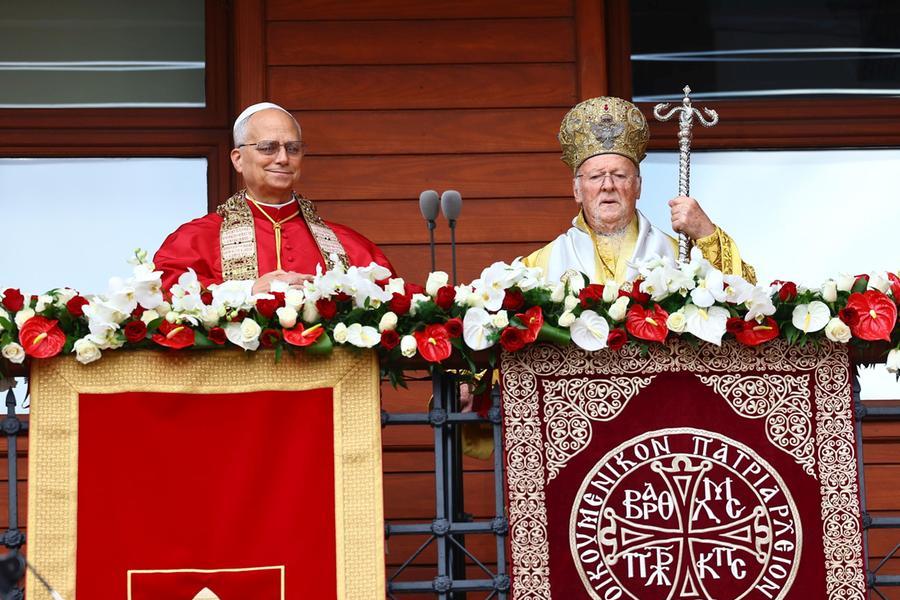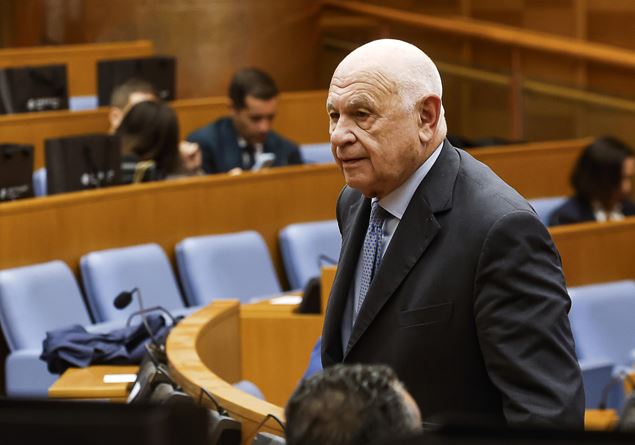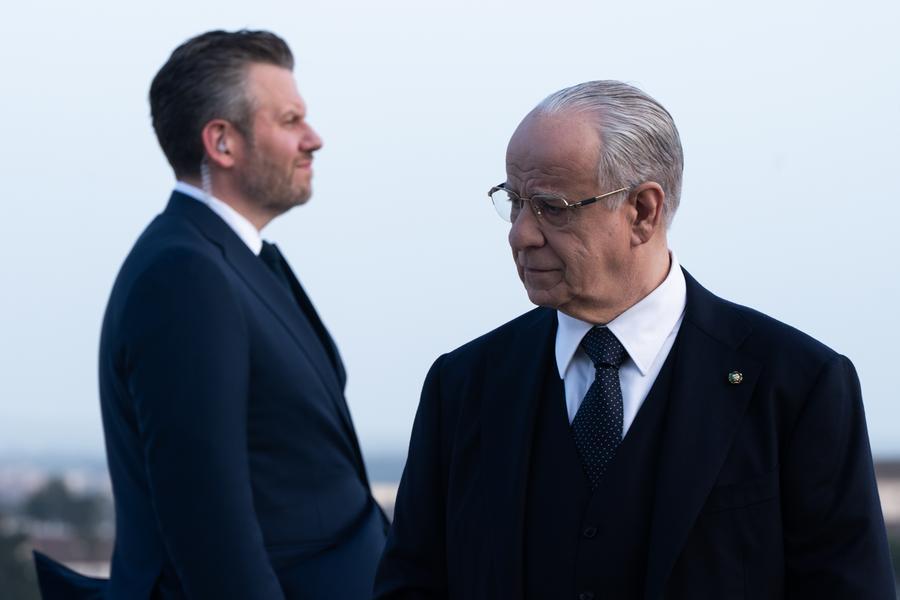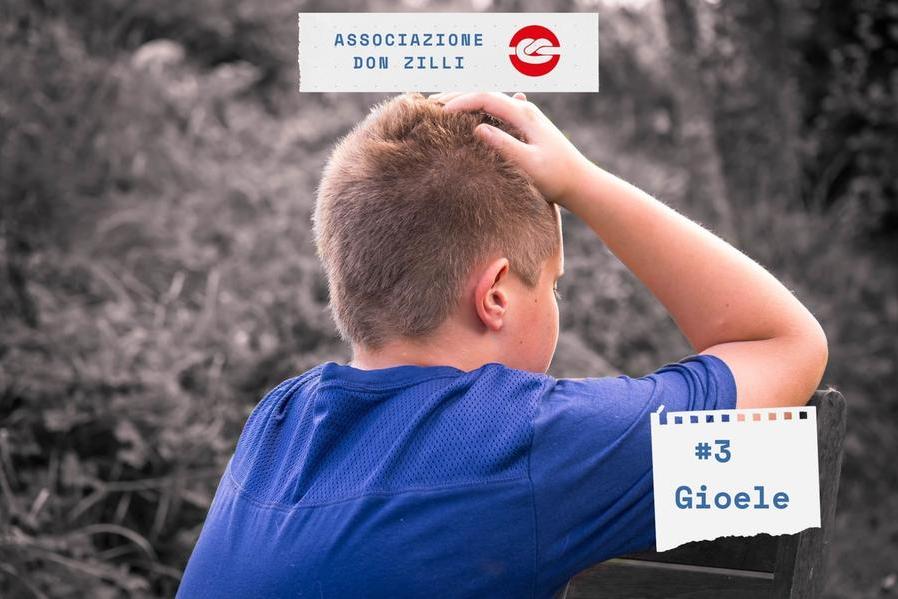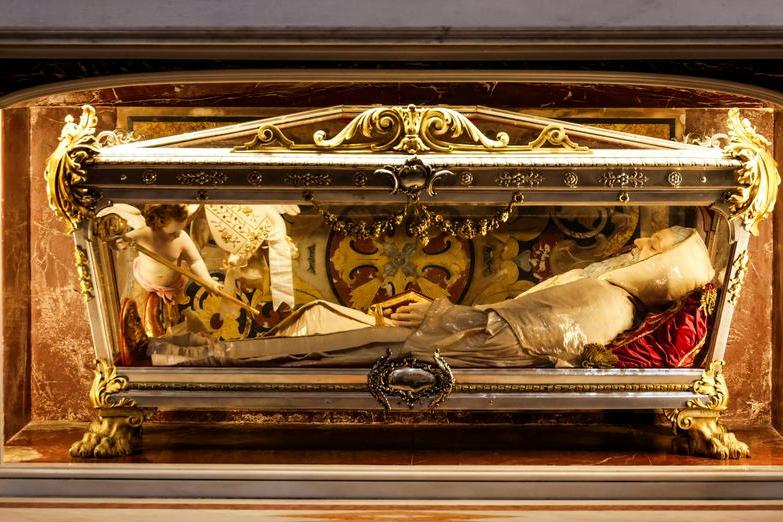A stop to cultural activities inside prisons. Minister Nordio recently introduced, with a circular dated 21 October, a measure by which the Dap (Penitentiary Administration Department) obliges the managements of penitentiary institutions in which there are prisoners in High Security departments or under art. 41 bis to submit to the prior approval of the General Directorate for Inmates and Treatment any event of a treatment nature involving the community outside the prison. This means a slowdown, if not a definitive stop to re-education programs and a removal of authority from the supervisory magistrate who until now was entrusted with the task of verifying the correspondence of the proposed events with the rehabilitation process.
The families of the victims of red and black terrorism and organized crime intervene on the topic in a letter to the Minister asking to be able to continue with the activities that provide for the resocialization and re-education of prisoners as provided for by our Constitution.
Here is the text of the letter:
Dear Minister of Justice,
we, family members of victims of terrorist actions, armed struggle and organized crime, have long been engaged in activities aimed at implementing the Constitutional dictate of encouraging the re-education of prisoners,
• aware of the fact that the rethinking of one’s criminal past is very rarely the result of a sudden “enlightenment”, being more often the result of cultural, emotional and relational contamination, which overcomes the physical barriers between the world outside and inside prisons,
• aware that also the simple participation in meetings and discussions with the outside world represents for the prisoners involved an initial break with the past, exposing them to the risks and dangers of marginalization well known to those who frequent prisons,
• convinced that the change in values requires constant, tiring, long and painful processes of critical review of one’s experience, of assuming multiple responsibilities and of emotional emancipation and cultural from the past,
• aware that the mutual recognition of the detained man and the victim constitutes the prerequisite for a fruitful transformative relationship,
• being witnesses of the changes induced by these interactions also in the relationship of the prisoners with the authority represented by the custodial staff,
• having seen for yourself the importance and richness of discussions between prisoners and students in the re-education process, since the latter often represent the face of their children,
• having also noted the social, psychological and moral value of these meetingsin order to prevent bullying and criminal activity in adolescents,
• convinced that a change, an emancipation and a new choice of field is also possible for those who have committed particularly serious crimes,
• having personally experienced how these meetings also help us victims of violence to experience the wounds of the past in a different way,
• aware that the security of society depends on the quality of citizenship of those released from prison,
we look with considerable perplexity and personal suffering at the restrictive regulations recently introduced in Italian prisons aimed at rigidifying, limiting and contingenting these fruitful relationship activities between prisoners and citizens, in particular where these are necessarily subjected to an impersonal and often suffocating bureaucratic centralization.
John Bachelet
Fiammetta Borsellino
Marisa Fiorani
Silvia Giralucci
Manlio Milani
Lucia Montanino
Maria Agnese Moro
Giovanni Ricci
Sabina Rossa
Paolo Setti Carraro




